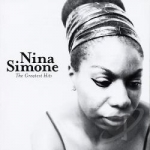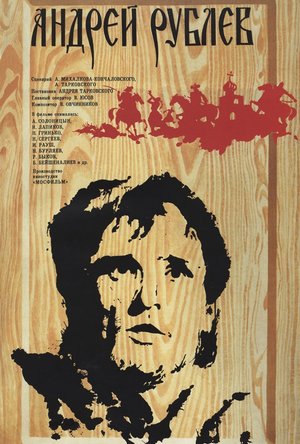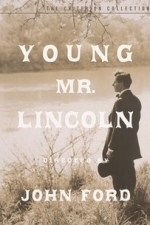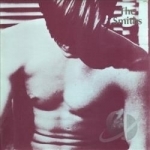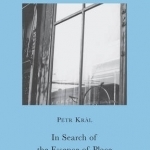
In Search of the Essence of Place
Petr Kral and Christopher Moncrieff
Book
A moving and reflective memoir, In Search of the Essence of Place is a Remembrance of Things Past...
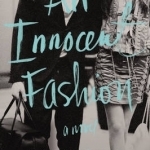
An Innocent Fashion: A Novel
Book
"Writing in a fervently literary style that flirts openly with the traditions of Salinger, Plath,...
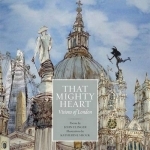
That Mighty Heart: Visions of London
John Elinger and Katherine Shock
Book
In 1802 William Wordsworth, the great Romantic poet, gazed over London and claimed "Earth has not...
Misfit's Manifesto
Book
A self-defined misfit makes a powerful case for not fitting in - for recognizing the beauty, and...
Emeli Sande recommended track I Want a Little Sugar in My Bowl by Nina Simone in Greatest Hits by Nina Simone in Music (curated)
Julian Schnabel recommended Andrei Rublev (1966) in Movies (curated)
Allison Anders recommended Young Mr. Lincoln (1939) in Movies (curated)
Laetitia Sadier recommended The Smiths by The Smiths in Music (curated)
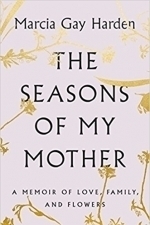
The Seasons of My Mother
Book
In this poetic and inspiring memoir, one of America’s most revered actresses uses the imagery of...
Biography
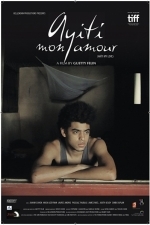
Ayiti Mon Amour (2016)
Movie Watch
A grieving teenager discovers he has a superpower, an old fisherman thinks the cure for his ailing...
drama international

